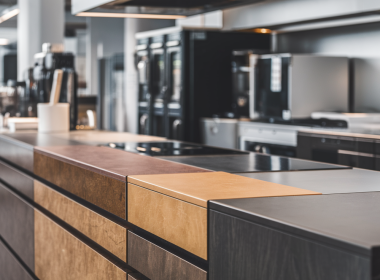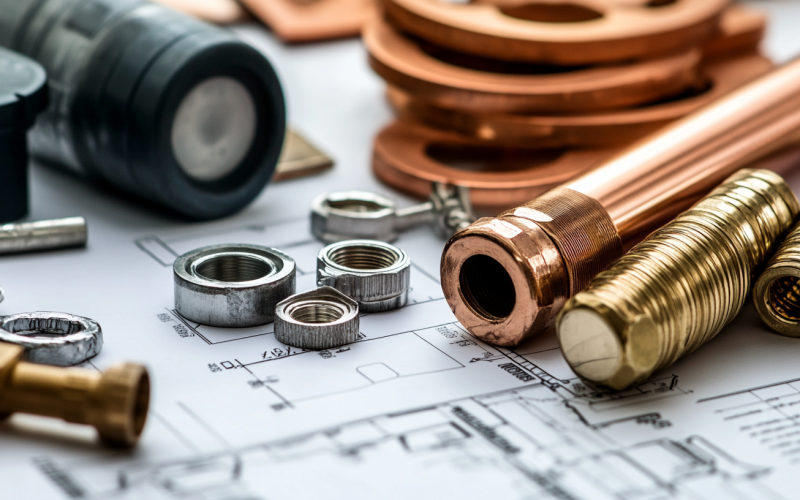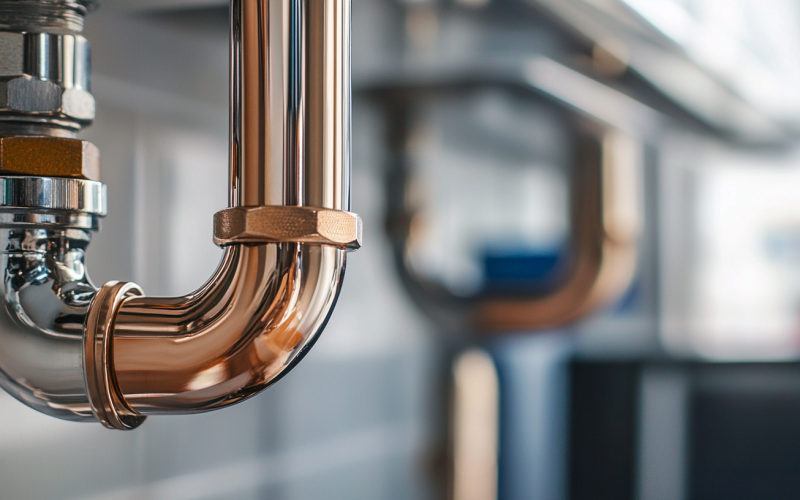When it comes to maintaining and repairing the plumbing systems in your home, hiring a professional plumber is often a necessity. Whether it’s a minor leak, a major pipe burst, or the installation of new fixtures, the expertise of a skilled plumber ensures that the job is done right.
However, the cost of hiring a plumber can vary significantly depending on where you live in the United States. Understanding these cost variations can help you plan your budget more effectively and ensure that you’re getting a fair deal for the services you need.
Regional Variations in Plumbing Costs
One of the most significant factors influencing the cost of plumbing services in the United States is the region in which you live. Labor costs, the cost of living, and local demand all play a role in determining how much you’ll pay for a plumber’s services. Generally speaking, plumbers in urban areas with higher costs of living tend to charge more than those in rural areas or regions with a lower cost of living.
In major metropolitan areas such as New York City, San Francisco, or Los Angeles, the cost of living is substantially higher than in smaller towns or rural regions. This increased cost of living drives up the price of services, including plumbing.
For example, in these cities, you might pay anywhere from $150 to $300 per hour for a plumber’s services, depending on the complexity of the job and the plumber’s experience. This higher rate reflects not only the cost of labor but also the expenses associated with operating a business in a high-cost area, such as rent, utilities, and insurance.
In contrast, plumbers in smaller cities or rural areas typically charge less. For instance, you might find hourly rates between $75 and $150 for a plumber in Cranbury, New Jersey. These lower rates are partly due to the reduced overhead costs for businesses in these regions, as well as the generally lower wages and costs of living for residents.
Demand and Availability of Plumbers
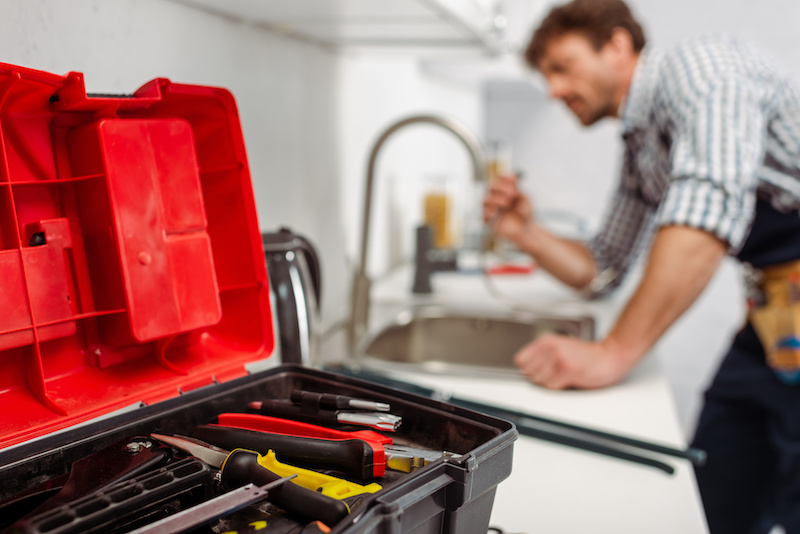
Another key factor that affects plumbing costs across the US is the demand for plumbing services and the availability of skilled plumbers in a given area. In regions where there is a high demand for plumbers but a limited number of qualified professionals, prices tend to be higher.
This is often the case in rapidly growing cities or areas experiencing a construction boom, where the need for plumbing services outpaces the supply of available plumbers.
For example, in cities experiencing rapid population growth, such as Austin, Texas, or Denver, Colorado, the demand for plumbing services can be quite high.
As new homes and commercial properties are built, and existing properties are renovated, the need for plumbing installations and repairs increases. In these markets, plumbers can charge a premium for their services due to the high demand and limited supply. It’s not uncommon to see rates in these areas ranging from $125 to $250 per hour.
Conversely, in areas where the demand for plumbing services is lower, or where there is a surplus of plumbers, prices tend to be more competitive.
In regions with a stable or declining population, such as parts of the Rust Belt, the demand for new plumbing installations may be lower, leading to reduced rates for plumbing services. In these areas, you might find plumbers charging between $60 and $100 per hour, as they compete for a smaller pool of potential clients.
Complexity and Scope of the Job
The complexity and scope of the plumbing job also play a significant role in determining the cost. Simple tasks, such as fixing a leaky faucet or unclogging a drain, generally cost less than more complex projects like repiping a home or installing a new water heater. Plumbers often charge by the hour, so the more time-consuming and complex the job, the higher the overall cost.
For basic repairs, such as fixing a leaky faucet or replacing a toilet, the cost may range from $100 to $200, depending on the region. These jobs typically take a plumber one to two hours to complete, making them relatively inexpensive compared to more involved projects.
More complex jobs, such as installing a new water heater, can cost significantly more. In areas with high labor costs, such an installation might range from $800 to $1,500, including both the cost of the unit and labor. In areas with lower labor costs, the same job might cost between $600 and $1,000.
The price variation also depends on the type of water heater being installed—tankless models tend to be more expensive to install than traditional tank models due to the additional labor and expertise required.
For extensive projects like repiping an entire house, the costs can vary widely depending on the size of the home, the type of piping materials used, and the region.
In high-cost areas, repiping a home could cost anywhere from $5,000 to $15,000 or more, while in lower-cost regions, the same project might range from $3,000 to $8,000. These projects are labor-intensive and often require several days or even weeks to complete, contributing to the higher overall cost.
Emergency Services and After-Hours Work
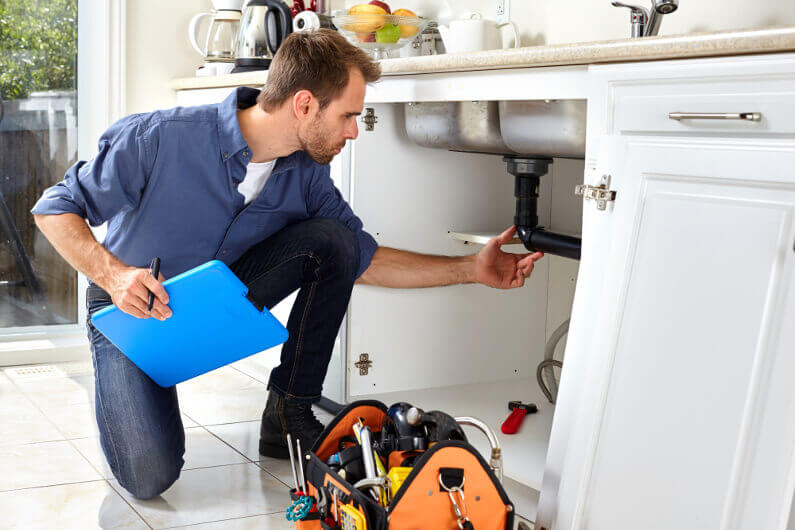
The timing of the plumbing job can also impact the cost. Many plumbers charge higher rates for emergency services or work performed outside of regular business hours.
If you need a plumber to come to your home in the middle of the night or on a weekend, you can expect to pay a premium for their services.
Emergency plumbing services are typically more expensive because they require the plumber to be on-call and available at short notice. In high-cost areas, emergency rates can range from $200 to $500 per hour, depending on the severity of the issue and the time of day. In lower-cost regions, emergency rates might be closer to $150 to $300 per hour.
Similarly, if you schedule plumbing work after normal business hours or on weekends, you may be charged an additional fee. This after-hours surcharge can vary depending on the plumber and the region, but it often adds 25% to 50% to the standard hourly rate. For example, if a plumber normally charges $100 per hour, the rate for after-hours work might be $125 to $150 per hour.
Experience and Expertise of the Plumber
The experience and expertise of the plumber you hire can also affect the cost. More experienced plumbers who have specialized skills or certifications may charge higher rates than less experienced plumbers.
While it may be tempting to hire a less expensive plumber, it’s important to consider the quality of work you’re likely to receive. Experienced plumbers often have a deeper understanding of complex plumbing systems and can provide more reliable, long-lasting solutions.
In high-cost areas, master plumbers with decades of experience might charge between $200 and $300 per hour, while journeyman plumbers with less experience might charge between $100 and $150 per hour. In lower-cost regions, the rates for master plumbers might be closer to $150 to $200 per hour, with journeyman plumbers charging $75 to $100 per hour.
It’s also worth noting that some plumbers specialize in certain types of work, such as gas line installation or advanced water filtration systems. These specialists may charge higher rates due to their expertise and the specialized nature of the work.
Navigating Plumbing Costs Across the US
The cost of hiring a plumber in the United States can vary widely depending on a range of factors, including your location, the demand for services, the complexity of the job, the timing of the work, and the plumber’s experience.
By understanding these variables, you can better anticipate the costs involved in your plumbing project and make informed decisions about who to hire and when to schedule the work.
While it’s important to consider cost, it’s equally important to choose a qualified and reputable plumber who can provide high-quality work. Poor workmanship can lead to recurring issues and even more expensive repairs down the line.
Whether you’re dealing with a minor repair or a major installation, investing in a skilled plumber is a decision that pays off in the long run, ensuring that your home’s plumbing system remains safe, efficient, and reliable.
By planning ahead and understanding the factors that influence plumbing costs, you can find the right balance between affordability and quality, no matter where you live in the US.



